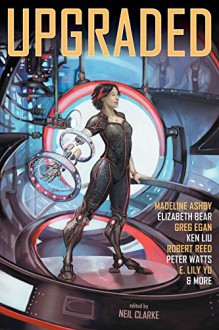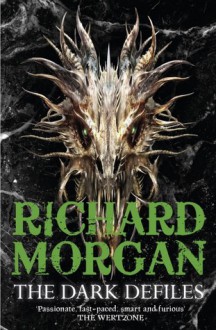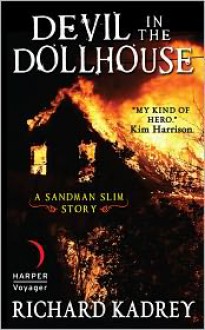
Brainycat's 5 "B"s:
blood: 4
boobs: 1
bombs: 3
bondage: 0
blasphemy: 3
Bechdel Test: PASS
Deggan's Rule: PASS
Gay Bechdel Test: FAIL
Please note: I don't review to provide synopses, I review to share a purely visceral reaction to books and perhaps answer some of the questions I ask when I'm contemplating investing time and money into a book.
This collection is exceptionally well curated; I feel like every story fits the theme and every story is strong enough to stand on it's own and provide it's own interpretation of the topic. I really enjoyed the way each story took off in an entirely new and unexpected direction. Perhaps because the topic is so big there's lots of room for wildly different interpretations (and there are!) but the total collection leaves an impression bigger than just the sum of the stories. This is proper Capital "S" Science Capital "F" Fiction that asks the reader to interpret and define their own humanity.
There were two stories in the collection that I didn't finish. Musée de l’Âme Seule by E. Lily Yu isn't bad, it's just written in that dreamy stream of conscious second person POV that I loathe with an irrational passion. You know the kind of writing: every paragraph tries to stand on it's own like a lone tree in a deserted field, and little details weighted with importance glitter throughout every sentence like shards from a broken bottle in an empty alley. I don't doubt that it's fun to write, but I've never seen an example that's compelled me to pretend I'm someone else long enough to read their story.
The other story I didn't finish was Alex Dally MacFarlane's Coastlines of the Stars. It's written in the third person, but it's too lyrical with new chapter headings every two or three paragraphs. This is another device that I'm just not wired to appreciate properly, and while I'm sure it's an accomplished story I just couldn't bear to sit through it.
The real standouts in this collection, for me, are The Sarcophagus by Robert Reed, who takes the standard question "how much of your humanity can you change and still be human" and extrapolates it out to the nth degree in an engaging and thoughtful way. Taking the Ghost by A.C. Wise is another winner; what could have fallen into every post-apocalyptic cliche actually emerged as an example of how to do paranormal sci-fi correctly. E. Catherine Tobler's The Cumulative Effects of Light Over Time is one of those allegorical "the deeper they go into this cave the deeper they go into their self" stories, but it's done very well and kept me interested right up until the predicted end. I'll definitely be looking for more of her work. Seventh Sight by Greg Egan works for me on a number of different levels; I'm not sure it's remarkable in the objective sense but I felt a number of parallels between the protagonist and myself and that counts a lot for me.
Memories and Wire by Mari Ness sort of fell off my radar, but as I went back through the TOC for this review it sparked a rush of affection. IIRC, it's a brilliant concept but needs a bit more development to really come into it's own.
Also notable is The Regular by Ken Liu isn't as allegorical as most short stories, but it's also the longest story in the book and reads like a simple whodunnit. I liked it well enough, but I think I'd like it a lot more if it were fully developed into a novel length story.
This is a great collection of short stories. There is a depth and breadth represented here that makes the collection feel much larger than just the 26 stories it contains, and any fan of scifi should find more than enough worthwhile writing to justify buying this.

 Log in with Facebook
Log in with Facebook 









